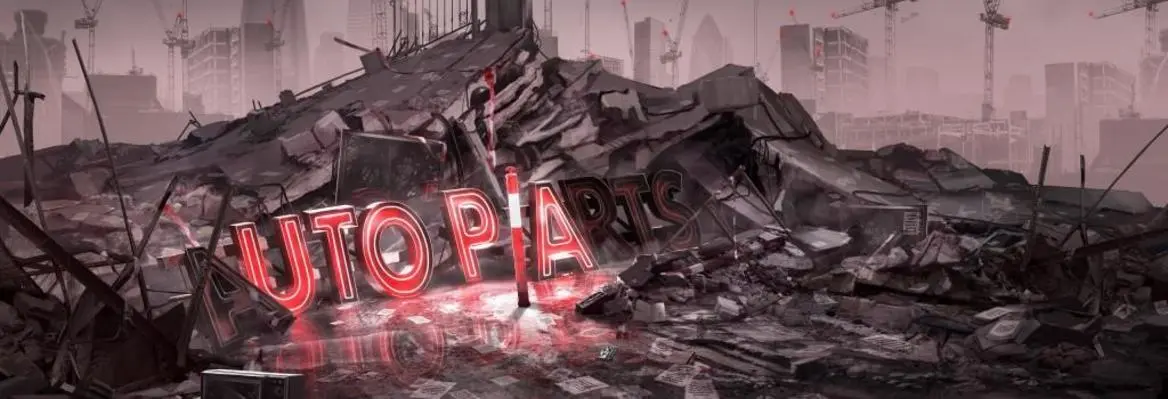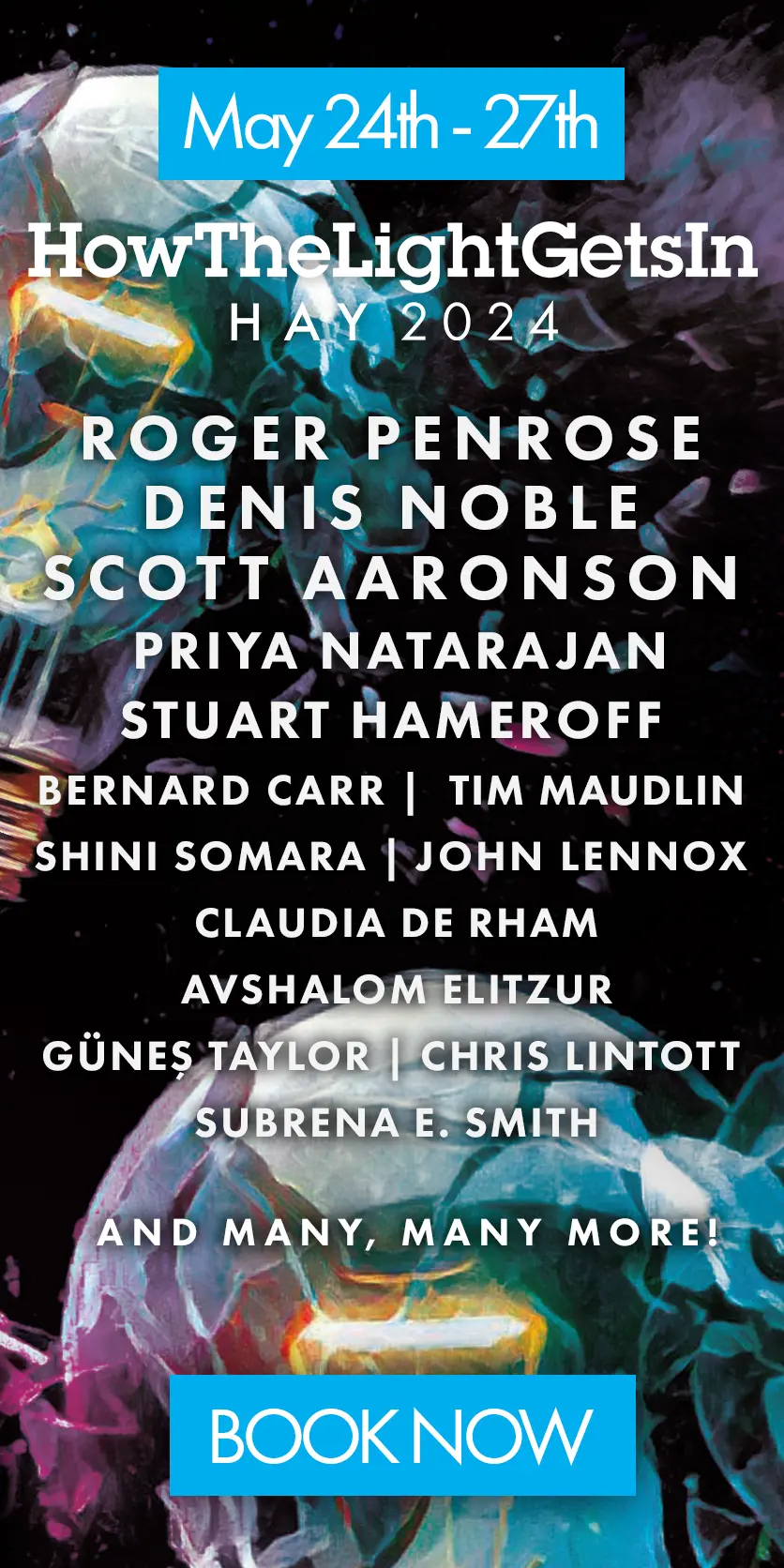Ten years ago I quit my job, sold my house, and used the proceeds to set up a post-apocalyptic commune in the Scottish Highlands. We would try to live as if we had survived the collapse of modern civilisation. We would re-learn skills that had been largely forgotten in industrial economies – growing and catching our own food, building our own accommodation, and making everything else we needed to survive. Although the post-apocalyptic narrative was very pessimistic, the commune itself would be quite the opposite.It would be a phoenix arising from the ashes of civilisation, a return to a simpler way of life free of the many problems of modernity. It would be a kind of utopia.
Needless to say, it didn’t quite work out that way. In fact, things got so bad that I ended up in a psychiatric hospital for a month. I have told this story in detail in The Utopia Experiment (Picador, 2015), so I won’t repeat myself here. Instead, I’ll tell you what I gained from this unusual experience, and how it still affects the way I view the world today.
One thing I gained, strangely enough, was a renewed appreciation for globalisation. The tangled web of global interconnections in today’s world can lead many people to feel a sense of helplessness. The idea that modern civilization might soon collapse only makes our mutual interdependence more worrying. My experiment was, like many other communes, a naïve quest to regain the self-sufficiency that our ancestors lost as soon as they settled down and started farming and trading. My failure led me to reassess my urge for independence. I realised that interdependence might actually be a good thing. These global ties bind us together.
Even more strangely, I became less worried about the unsustainability of our technological lifestyle. I came to realise that sustainability is, in fact, just as much of an illusion as self-sufficiency. Nothing is truly sustainable, in the sense of potentially lasting for ever. Everything runs out in the end. It’s just a question of time.
___
"I came to realise that sustainability is just as much of an illusion as self-sufficiency"
___
Environmentalists say that deep-sea trawling is not sustainable because it depletes fish stocks faster than they can renew themselves. Radical ecologists say that modern civilisation is not sustainable because it relies on oil, which is a finite resource. A truly sustainable civilisation would therefore have to run entirely on renewable resources. But nothing is truly renewable, for the wind will eventually blow no more, and the sun will no longer shine, when our nearest star grows into a supernova a billion years from now. The only way humans will survive then is by leaving the earth and colonising other planets. But an interplanetary lifestyle won’t be sustainable either, because eventually the stars will burn themselves out and become black holes and the entire universe will become a cold, quiet place, where nothing ever happens.
Given that everything will come to an end eventually, does it really matter if humanity lasts another million years rather than just another thousand? Since civilisation is bound to collapse sooner or later, does it matter when?
And why should we worry about the human race anyway? Does it matter what happens to the rest of humanity after we die? If we have children, we care what happens to them, of course, and presumably about their children too, but how many generations more can we really care about? And if our descendants fail to leave any children at some point, as must happen to them all eventually when the human race perishes, why should we care about the species as a whole? Is such concern really just a fig leaf for our worries about our own mortality, a secular substitute for the eternal life we long for even when we know we can’t have it?
The philosopher Nick Bostrom thinks that the inevitable end of the human race need not invalidate our hopes for the future of humanity, because what counts is not eternal survival, but the realisation of our full potential as a species, whatever that may be. But then surely we can say the same thing about the individual human life? What counts is not eternal life, which for atheists like me is a pipe dream anyway, but realising one’s full potential – becoming the best person that one can possibly be. And if we do that, we can die in peace, whether we survive the apocalypse or not, and regardless of what happens to those who come after us.

















Join the conversation